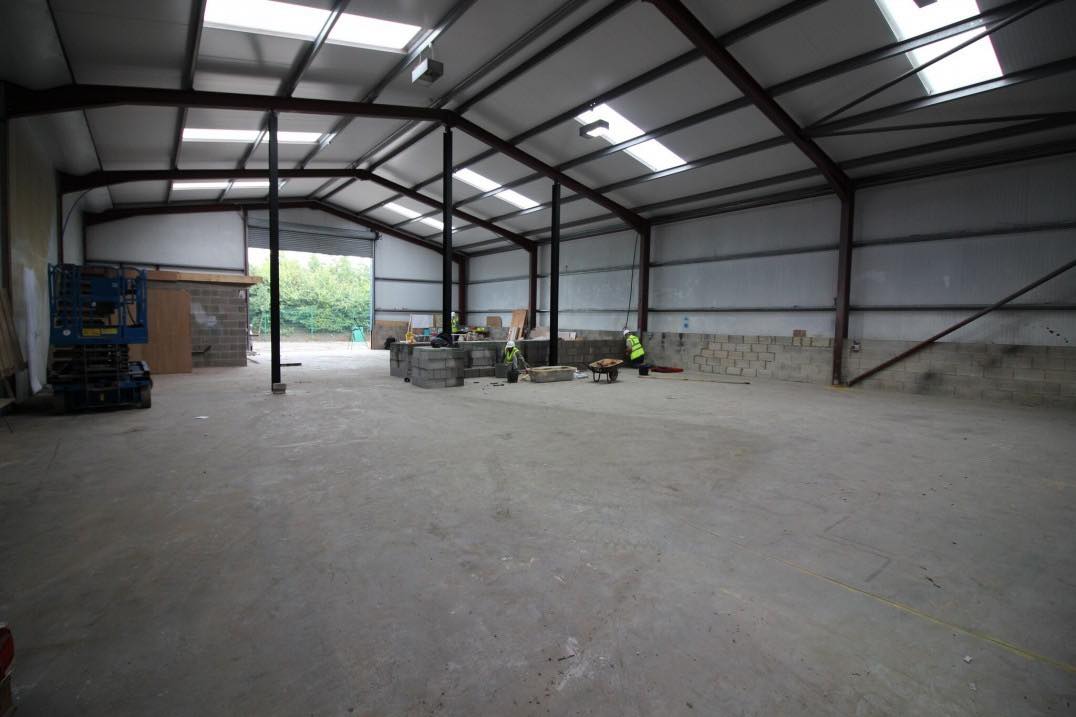This month we saw Earth Day become one of the largest environmental movements, with over 1 billion people and more than 75,000 partners now involved each year across almost 200 different countries.
So what can WE do to help with sustainability for business? If you’re keen to move your business towards net-zero carbon emissions, we’ve got plenty of top tips to help you and your company out. But why is sustainability important in business? Well, not only are there tonnes of environmental benefits, but there are also financial and accounting benefits too!
In order for us to all adopt more sustainable habits into our everyday lives, businesses need to lead the way in moving towards net-zero carbon emissions. When it comes to the environment, there is no quick fix, so businesses need to start their eco-conscious journey now and work towards the ultimate goal of net-zero, over the next few years. Here are some of the changes that you may be interested in implementing in your firm.
Sustainability For Business: Top Tips
We have so many suggestions when it comes to sustainability for business. Whilst some may not work for your current business set-up, others will, and there is always time to adapt your way of working with a more eco-friendly approach. Take a look at our methods below and find out our answers to, ‘Why is sustainability important in business?’
- Switch to a green energy supplier
- Switch to electric vehicles
- Reduce business travel
- Focus on reducing waste
- Switch to lower carbon suppliers
Switch To A Green Energy Supplier
It’s no secret that burning finite fossil fuels such as coal and oil is particularly harmful to the environment, as well as expensive and limited. Green energy, however, is generated by renewable sources such as wind, hydroelectric or solar and can be far more affordable for businesses than fossil fuels. The more businesses that switch to green energy suppliers, the quicker the shift away from these harmful fossil fuels will be.
Switch To Electric Vehicles
If your business has a fleet of petrol or diesel vehicles, you could consider switching to electric-only vehicles, naturally making your business that much more eco-friendly. It is also worth noting that company car drivers who choose an electric vehicle also enjoy a reduced benefit-in-kind, for tax purposes. If you deliver products or services to your customers, showing up in an electric vehicle sends a positive message that your firm is an environmentally responsible business.
Reduce Business Travel
Reducing business travel will help to reduce your carbon footprint. Air travel is responsible for significant carbon emissions so really challenge yourselves on whether meeting objectives can be met via Zoom or Teams. Commuting also contributes to carbon emissions. Encouraging your staff to work from home on occasion will also help to reduce your carbon emissions. We understand that face-to-face meetings and interacting with people socially are still very important for mental health reasons, but the key is to get the balance right.
Focus On Reducing Waste
Wasted paper, water, energy, or raw materials contribute to climate change and create costs that certainly build up over time. Another extremely simple but often ignored way to save energy is by turning off equipment at night.
You can also invest in improved insulation and thermal management of your business premises in order to reduce the amount of central heating that is required, particularly in the winter months. You can also encourage staff to print less and reuse or recycle materials, where possible. Embracing new technology such as electronic signatures and receipts, can further reduce your reliance on paper.
Switch To Lower Carbon Suppliers
With sustainability for business, it is important that companies work alongside a network of other businesses that share their eco-conscious ethos. Research low-carbon suppliers and where possible, switch to using them instead of your traditional suppliers. Even small changes such as using a local supplier rather than an overseas firm will help to reduce the carbon footprint of transporting materials to your business premises.
If you only buy from other businesses that are taking action on climate change, you will help to further drive the business community towards our shared goal of net-zero carbon. Examples could include banks that offer paperless statements, logistics companies that use electric vans, or food companies that recycle and use minimal packaging.
What Is My Carbon Footprint
Hopefully, we’ve answered all of your questions regarding ‘Why is sustainability important in business?’ So if you’re now curious about the carbon footprint of your business, there are a variety of information sources that can help you see your impact and potentially help transform you into an eco-friendly business. Why not head to the Government’s carbon calculator and find out for yourself?
For help with business advice, tax efficiencies, or simple advice on choosing an electric vehicle, contact us today at 01704 546000, or via email enquiries@kirkwoodwilson.co.uk




